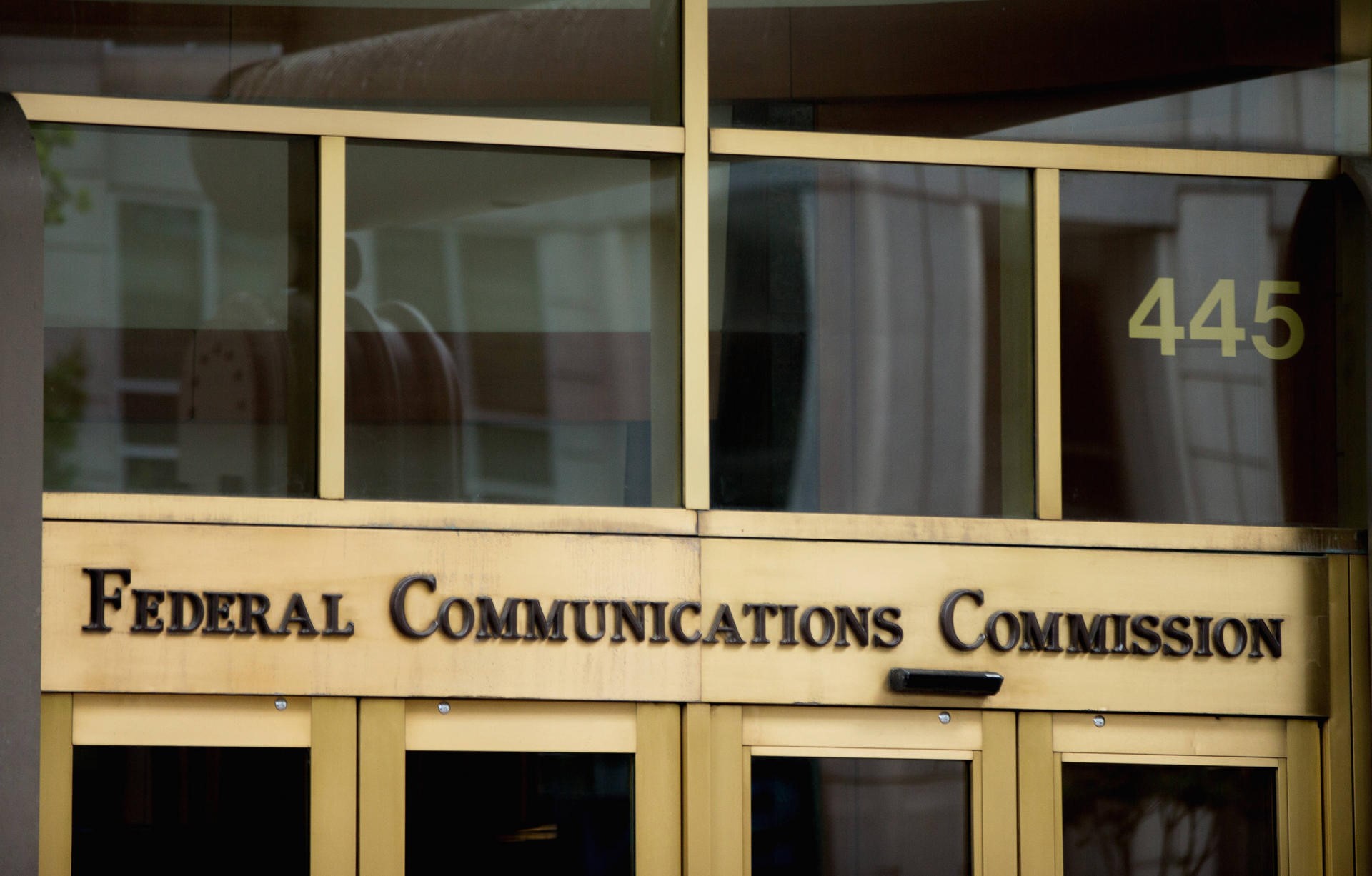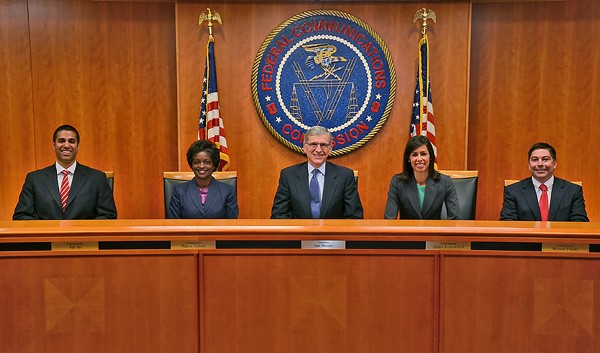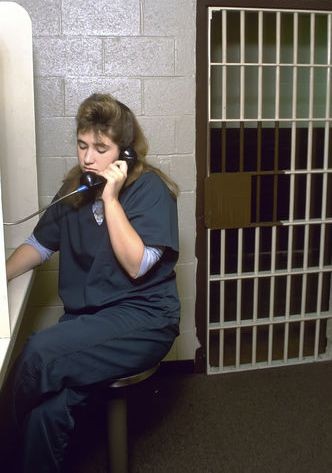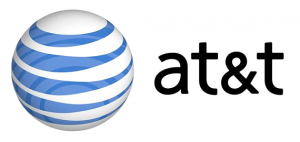Conducted recently by the Federal Communications Commission, what is known to be the World’s First Broadcast Incentive Auction, has been a great mix of events!
The auction drew $19.8 billion in bids, out of which T-Mobile spent $8 billion. Thus, becoming the leader of the auction. With a number of mobile, wireless, and long distance phone service providers, the spectrum auction by FCC has been a hit.
However, certain events started a buzz in the telecommunications industry.
T-Mobile Participating and Leading the Auction
Among the behemoth prepaid and cheap home phone service providers, T-Mobile managed to win the most number of licenses with its huge spending of $8 billion. According to the FCC, the telecommunication company won the auction for more than 1,500 spectrum blocks, ranging to more than 400 markets.
According to a Twitter update by Neville Ray, the Chief Technology Officer at T-Mobile, “T-Mobile expects 1 million+ sq. miles of 600 MHz will clear in 2017 AND we will begin deployment this year in new & existing markets,”
Thus, the winning spectrum is to be used by the prepaid and long distance phone service provider, to its best. The subscribers are also said to require an upgrade of their phone quipment to be capable of getting great network services in the latest band.
This latest buzz is turning out to be great for the wireless and mobile users of T-Mobile.
The Participation by Other Companies
Besides T-Mobile US Inc., the other two among the top buyers in the auction were Dish Network Corp. and Comcast Corp. The two companies spent $6.2 billion and $1.7 billion, respectively.
The participation of companies like Comcast that isn’t even involved in cellular services yet is a great sign of some changes coming in the telecommunications industry.
Surprisingly, the telecommunication behemoths like AT&T and Verizon did not seem active during the auction.
Whereas AT&T, one of the best long distance phone service providers, spent $910 million only on licenses, Verizon declined to place any bid.
About the auction, Verizon said that spending on the spectrum uses a great amount of capital as the waves are quite expensive. The mobile and cheap home phone service provider is interested in investing in improved technology, instead.
Though Verizon didn’t spend on the airwaves, the telecommunication giant seems quite poised to grow its network.
Another reason for AT&T and Verizon’s cold response at the auction can be their recent investment of a billion dollars in the high-frequency airwaves. With these investments, both the mobile and cheap home phone service providers are aiming at growing their ultrafast networks.
However, the absence and less participation of both these telecommunication companies has raised a number of questions with a number of people being surprised by the news.
Final Thoughts
Until today, T-Mobile has not held any low-band frequencies and thus, its network has been weak and interrupted in the rural areas as well as in buildings. Thus, its investment in the airwaves is an important step towards the growth and betterment of this prepaid and long distance phone service provider’s network.







